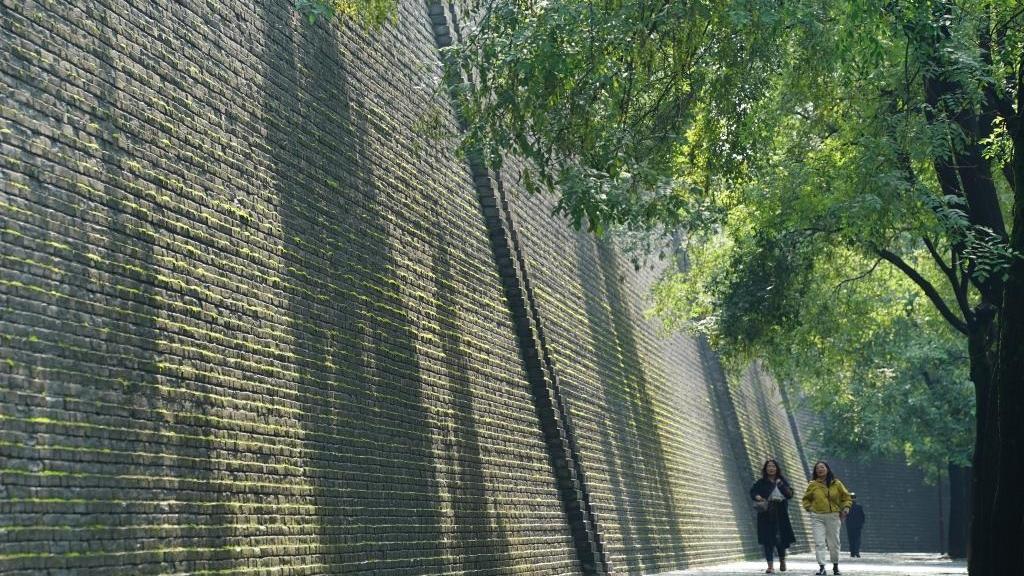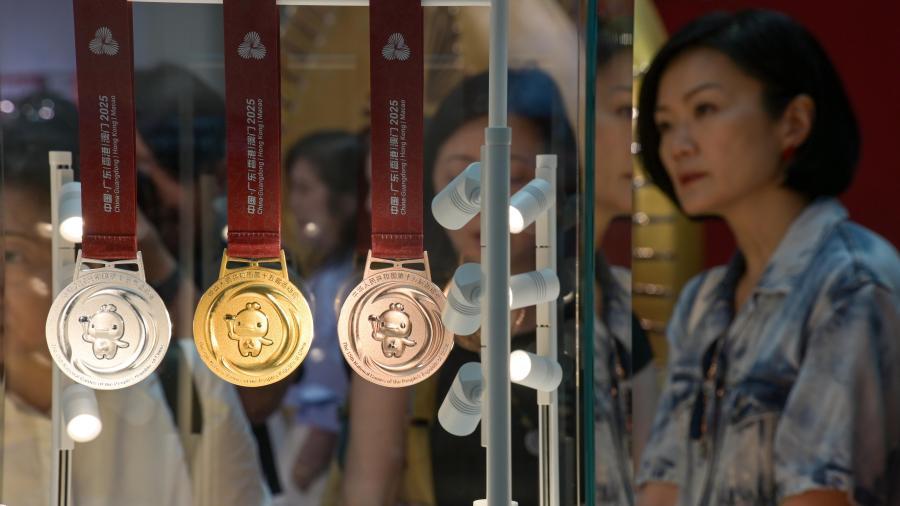Netherlands should not underestimate China's resolve, capability to protect its rights: Global Times editorial
The Dutch government said on Sunday that it has made a "highly exceptional" decision to intervene in Nexperia, a subsidiary of Chinese company Wingtech, citing concerns that it could "pose a risk to Dutch and European economic security." On September 30, the Dutch Ministry of Economic Affairs issued an administrative order restricting the business decisions of Nexperia and its affiliated entities, effectively depriving Chinese shareholders of their normal control. Wingtech subsequently issued a statement, expressing a strong protest against such discriminatory treatment targeting Chinese-funded enterprises. It is obvious to anyone with clear judgment that this is a serious harassment of a chip company controlled by Chinese enterprises by the Dutch government under the pretext of a fabricated "national security" concern.
This series of actions attempt to seize the capital and technological achievements that Chinese companies have built up over many years. And many have described such actions as "21st-century piracy." The BBC noted that the Dutch government's statement did not detail why it considered the firm's operations risky, and the report also hinted that the move was related to the US Commerce Department's further tightening of restrictions on China in September. Additional commentary has issued warnings: the UK's Financial Times bluntly stated that the move escalates frictions between Western countries and China in the high-tech sector, while media outlets such as Bloomberg of the US also warned that this highly unusual action would further worsen China-EU tensions.
The Dutch government's actions against Nexperia are extremely egregious, going far beyond normal commercial regulation and carrying blatant political coercion and discriminatory overtones. Such move using unfounded so-called "security allegations" as a pretext to restrict the rights of legitimate shareholders violates the principles of a market economy and fair competition, and runs counter to the international trade rules that the EU has consistently advocated. This not only harms the legitimate rights and interests of Chinese companies but also undermines international investors' confidence in the EU market. This should not be seen as a dispute between the Dutch government and a Chinese company - it is a blatant trampling of international rules by Netherlands, and the international community cannot tolerate such predatory actions disguised under the cloak of law or security against multinational enterprises.
Many observers believe that the US' extreme suppression of Chinese enterprises and its over-securitization practices have sparked widespread concern across the world, while also providing a negative example and external support for the Netherlands' recent intervention in Nexperia. In response, on Monday, a spokesperson for China's Ministry of Foreign Affairs stressed that China opposes overstretching the concept of national security and taking discriminatory moves that target companies from certain countries, and China is firmly resolved in defending its own legitimate and lawful rights and interests. The country's counter-sanctions legal framework, anchored in laws such as the Anti-Foreign Sanctions Law of the People's Republic of China, provides strong protection for the lawful rights of Chinese enterprises. No party should underestimate China's firm resolve and full capability to defend its own interests.
In the early stages of capitalism, some countries relied on violence and colonial plunder to accumulate primitive capital, even fostering within their own cultures the misguided historical notion that "plunder brings wealth." In today's geopolitical context, the Dutch government, under the pretext of "supply chain security," has imposed excessive interference on Chinese enterprises and then cloaked its asset seizure under a fa ade of legality - a seamless sequence of actions that inevitably evokes memories of certain dark chapters in this country's history. It is no wonder that some have wryly observed that a few Western countries now treat "national security" as a privateering license, a reflection of "colonial genes" awakening in the 21st century.
In fact, since Wingtech's acquisition of Nexperia in 2019, the company has maintained steady and sound operations, contributing positively to the Dutch economy. From the US government's coercive measures to the Dutch government's "predatory intervention," the primary risks facing Chinese enterprises today no longer stem from market competition itself, but from certain foreign competitors who, failing to gain an advantage through regular market means, resort to commercial plunder against Chinese firms under the guise of national security. The Nexperia case exemplifies this trend vividly. As China's technological and commercial strength continues to grow, such "robbery in legal disguise" is likely to recur. As observers have pointed out, China's scientific and technological progress has profoundly shaken the nerves of Western hegemony. Both the Chinese government and its enterprises must be fully prepared for this.
On Monday, data released by China's General Administration of Customs showed that China's exports in September, measured in US dollars, rose 8.3 percent year-on-year, while imports increased 7.4 percent year-on-year - both figures well above external expectations. In addition, exports of industrial robots in the first three quarters grew 54.9 percent, and "new three" products as well as green products such as electric locomotives for railways all posted double-digit growth. Many analysts see this as a reflection of China's economic resilience and an indication that, amid the US' strengthened protectionism, China's trade and economic ties with the world are becoming deeper. In today's complex and turbulent international environment, the choice for the world is clear: either revert to the colonial-era paths of protectionism and unilateralism or forge a new path of openness, inclusiveness, and shared prosperity. The Netherlands needs to recognize the trend of history; otherwise, it will only be lifting a rock to drop on its own feet.
Photos
Related Stories
- 288 returned cultural relics exhibited at Indonesia's National Museum
- New Dutch gov't sworn in, over 220 days after elections
- Dutch prime minister to visit China
- Dutch king calls for action on poverty
- Holland Dahlia Event 2023 held in Netherlands
- Moscow to respond to Dutch decision to reduce Russian diplomat numbers
Copyright © 2025 People's Daily Online. All Rights Reserved.









